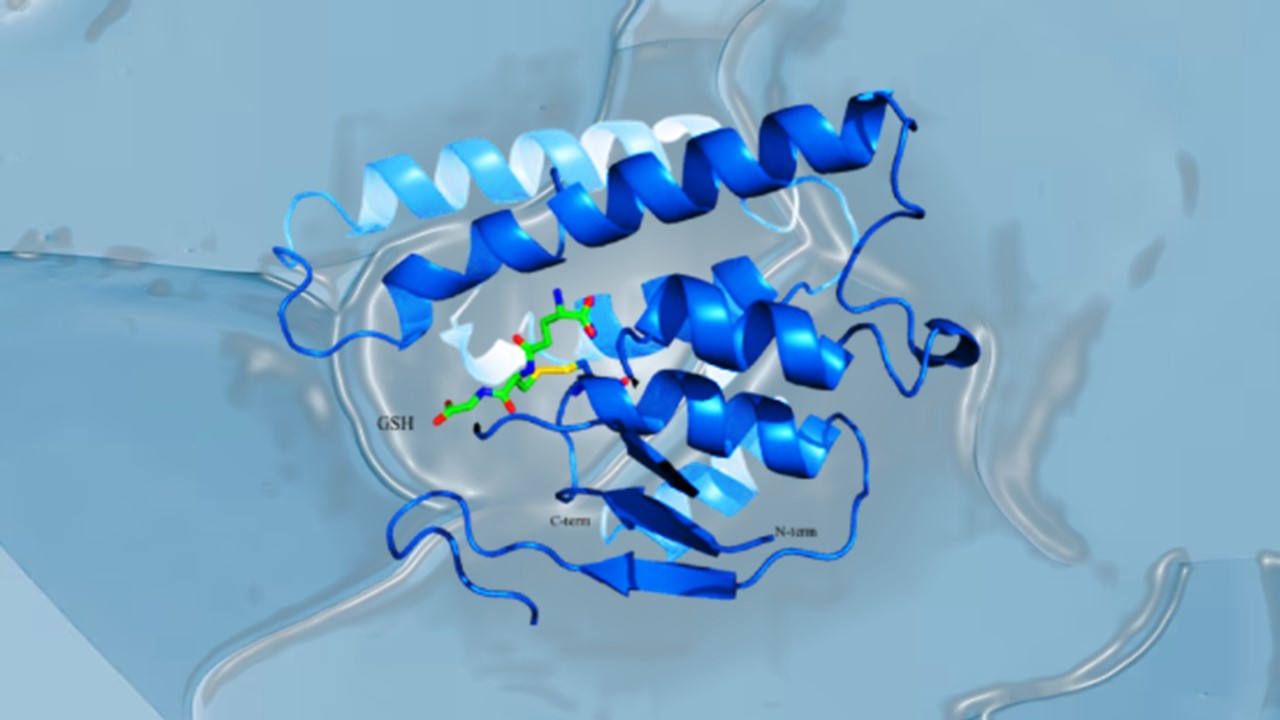
Until now, patients with advanced cervical cancer had relatively low survival rates. The recent approval of Keytruda, a PD-1/PD-L1 checkpoint inhibitor, is the latest breakthrough for cervical cancer immunotherapy. The positive outcome from Merck & Co’s clinical trial now offers hope for the future of treatment which can extend the lives for stage 3 and stage 4 cervical cancer patients
The latest news
Merck’s Keytruda has recently become the first checkpoint inhibitor to help patients with advanced cervical cancer live longer when used alongside standard first-line drugs. Keytruda is currently the only PD-1/PD-L1 inhibitor approved for advanced cervical cancer.
This is huge news for both researchers and patients. Currently, the five-year survival rate for stage 3 and 4 cervical cancer is around 40% and 15% respectively, according to CRUK. The detrimental drop in survival rates emphasises an unmet clinical need for late-stage cervical cancer drugs.
In addition to hope for patients with advanced cervical cancer, the news of Keytruda achieving approval represents an important step in cancer treatment. Stage 4 cancer especially is difficult to control due to the wide spread across the body through metastasis. If patients with advanced cervical cancer can prolong their life with this drug, there is potential to investigate the same for other advanced cancer types.
Immunotherapy – checkpoint inhibitors
Immune checkpoints are components within the immune system which prevent healthy cells from being destroyed by a strong immune response. The inhibition of immune checkpoint molecules such as programmed cell death 1 (PD-1) have shown great efficacy across many cancer types.
PD-1 plays a critical role in inhibiting the immune response that would otherwise attack the cancer cells and promotes “self-tolerance through modulating the activity of T-cells”. Programmed Cell Death Ligand (PD-L1) is a transmembrane protein which can combine with PD-1 and is considered a co-inhibitory factor within this response.
Inhibition of these checkpoints aims to prevent an “off” signal from being transmitted within the immune system which would otherwise prevent T-cells from destroying cancer cells.
Accumulating evidence indicates the inhibition of PD-1 supports the immune response against cancer cells. According to a 2020 publication, PD-1 signalling pathway suppression has shown that “the clinical response of patients with different solid tumors and hematological malignancies, mainly relies on T-cells effectively to penetrate the tumor”.
The efficacy of checkpoint inhibition is supported by the increasing number of clinical studies which highlight significant clinical response in a wide range of cancer patients as a result of PD-L1 targeted therapies.
An example of this success was the approval of Atezolizumab, the first FDA-approved PD-L1 inhibitor.
Atezolizumab is a humanised, anti-PD-L1 monoclonal antibody. These antibodies are engineered within the lab to mimic human-derived antibodies to enhance the immune response.
The drug is used as a first-line combinatorial therapy used to treat six types of cancer, including triple negative breast cancer and melanoma. Atezolizumab is also under investigation for other types of cancer.
Side effects
Due to the wide range of uses for Atezolizumab, a number of studies are investigating the short-term and long-term effects of checkpoint inhibitors. Immune-related adverse effects (irAEs) are a common part of treatment with checkpoint inhibitors, although range in severity and persistence with different drugs.
In comparison with anti-CTLA-4 antibodies, irAEs related to anti-PD-1 antibodies are less frequent and differ in their spectrum of organ involvement. “Approximately 10% of patients receiving anti-PD-1 antibodies have grade ≥3 irAEs”.
According to the National Cancer Institute, a recent study investigated the medical records of a cohort with advanced melanoma who had undergone surgery followed by treatment with a checkpoint inhibitor.
In terms of short-term side effects, a number of immune-related problems arose during treatment. The most common short-term effects were “skin rash or itchy skin, inflammation of the thyroid (thyroiditis) or low thyroid hormones (hypothyroidism), and joint pain.
167 patients (43%) experienced immune-related side effects that lasted for at least three months after completing the immune checkpoint inhibitor.
The vast majority of these long-term side effects were mild, meaning they interfered somewhat with the patient’s daily activities and may have required treatment. It is worth noting that the majority of the long-term side effects didn’t go away during the study.
Further studies are underway to gain a better understanding of how these side effects arise and how long they will last to determine the best way to treat or control them.
Future direction for research
Recently, small nucleotide molecules called microRNAs have become a focus for attention in the targeting of PD-1/PD-L1 in cancer. Extensive data from a large number of studies suggest the role of miRNAs as tumour suppressors, carcinogenic, diagnostic and prognostic biomarkers in lung cancer.
Recent studies have demonstrated that miR-33a, a form of microRNA, can regulate the expression of immune markers. An early study in 2017 found an association between the level of expression of PD-1/PD-L1 and miR-33a, and found that miR-33a was negatively correlated with the expression of PD-1/PD-L1.
Long non-coding RNAs (incRNAs) are also an area of interest, with recent data reporting the role of lncRNAs in the modulation of the innate immune response. Results from a 2018 preclinical study demonstrated the efficacy of combination therapy using lncRNA UCA1-targeted therapy and PD-1 immune checkpoint inhibition which was shown to support this combination for the clinical treatment of bladder cancer.
While these areas remain at the preclinical stage for now, the speed of cancer research and demand for effective immunotherapy may accelerate these areas through to clinical trials sooner than anticipated.
Charlotte Di Salvo, Lead Medical Writer
PharmaFeatures
Subscribe
to get our
LATEST NEWS
Related Posts

Immunology & Oncology
The Silent Guardian: How GAS1 Shapes the Landscape of Metastatic Melanoma
GAS1’s discovery represents a beacon of hope in the fight against metastatic disease.

Immunology & Oncology
Resistance Mechanisms Unveiled: The Role of Glutathione S-Transferase in Cancer Therapy Failures
Understanding this dual role of GSTs as both protectors and accomplices to malignancies is central to tackling drug resistance.
Read More Articles
Myosin’s Molecular Toggle: How Dimerization of the Globular Tail Domain Controls the Motor Function of Myo5a
Myo5a exists in either an inhibited, triangulated rest or an extended, motile activation, each conformation dictated by the interplay between the GTD and its surroundings.
Designing Better Sugar Stoppers: Engineering Selective α-Glucosidase Inhibitors via Fragment-Based Dynamic Chemistry
One of the most pressing challenges in anti-diabetic therapy is reducing the unpleasant and often debilitating gastrointestinal side effects that accompany α-amylase inhibition.













